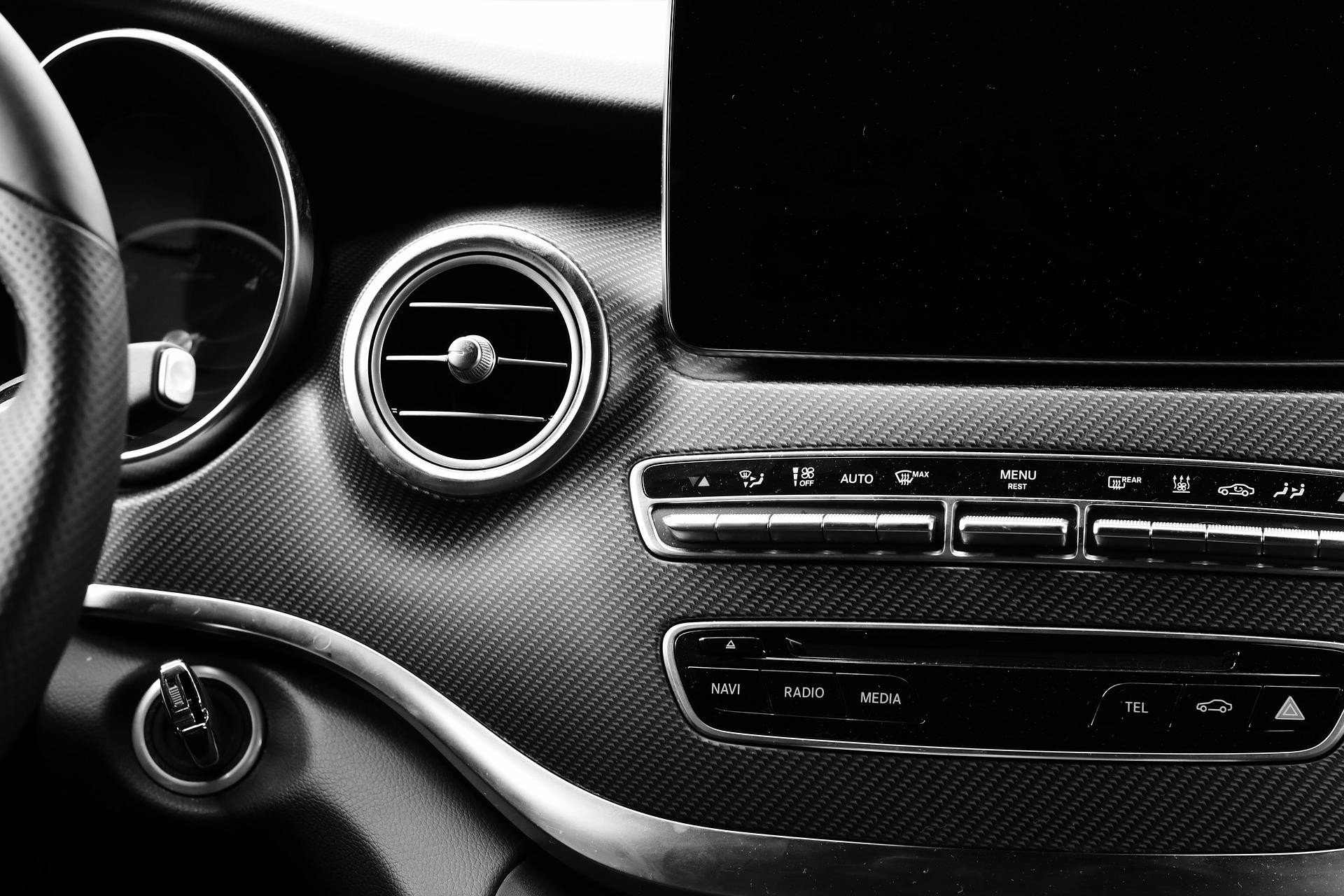
Buying a new vehicle can be a stressful but fun experience. The fun goes away quickly, however, when that vehicle starts showing signs it is defective. If the vehicle does not run as expected, requires you to find alternate transportation more often than not and poses a safety risk in the way it runs and/or drives, it is time to look into the California lemon law.
The California lemon law covers vehicles (cars, pickup trucks, vans and SUVs) that are still covered under original warranty from the manufacturer/dealer. It also covers the chassis, chassis cab and drivetrain of a motor home, demonstrator vehicles and dealer-owned vehicles and many vehicles purchased for business use. Vehicles that are operated exclusively off the highways are not covered. The area of the motorhome used for habitation is also not covered under the California lemon law.
The consumer is someone who purchased the vehicle or who has leased the vehicle for a term longer than four months.
The law covers vehicle owners who have a vehicle that still is defective after a “reasonable” number of attempts at repair. In this case, reasonable is four or more. However, the case may reduce that number of attempts to two if “the problem is enough to cause death or serious injury.” Also, if the vehicle is out of service for 30 days or more, it could be covered. These days do not have to be consecutive. Instead, they can be over the period of ownership.
The law also stipulates the defect became obvious during the first 18 months of ownership or the first 18,000 miles driven – whichever milestone occurred first. This timeline is important to note, as that gives you a finite window to hit when filing the complaint and seeking restitution or replacement of the defective vehicle.
For those who are in the US military and are stationed or live in California, there is some good news. Your vehicle will be covered under the California lemon law even if it was purchased or registered in another state.
For others, the vehicle must be registered in California. Below are some questions vehicle owners typically want to hear the answers to in relation to the California lemon law.
- Who Does the California Lemon Law Protect?
Consumers who buy a new or used vehicle that is still covered under the original warranty. As mentioned above, this applies to armed service members who have a defective vehicle even if that vehicle was purchased outside California state lines.
The law covers the owner during the vehicle’s original warranty period and up to six months after the expiration date.
For more information on arbitration and other frequently asked lemon law questions, click here.
- What are the Steps and Fees Associated with a Claim?
Manufacturers in California offer a state-certified arbitration program. While this program requires the vehicle issues to meet certain criteria, the program will provide a decision within a set number of days – typically within 40 days
- 3. Do I need to Hire an Attorney?
Legal representation is very helpful with the arbitration process and with guidance when that process is not viable for you as an auto owner. A lemon law attorney also has experience with cases like these and can help you gather the right evidence and be better prepared for the process as a whole.
The lawyer also will have support staff that can be very helpful when preparing for arbitration.
- Does the California Lemon Law Cover Used Vehicles?
The California lemon law specifically covers vehicle that are still covered under the manufacturer’s original warranty. Therefore, if a used vehicle was sold with the original warranty still in effect, the new owner is covered by the California Lemon Law.
- What Is Arbitration?
Arbitration is the process that California auto dealers use to address concerns about defective vehicles. Applying for arbitration begins by filing a complaint at www.dca.ca.gov/acp/acpprocess.shtml-. There is no charge to file a complaint. Both parties have to agree to arbitration. However, once that agreement is received, the process is pretty straightforward.
 Image Source : https://pixabay.com/de/photos/auto-audi-sportwagen-automobil-5148314/
Image Source : https://pixabay.com/de/photos/auto-audi-sportwagen-automobil-5148314/
Once the complaint is filed, arbitration can be conducted, in person, over the phone or in writing. For those submitting the information in writing, both parties are directed to submit this information in a timely manner. For those who opt for a phone or in-person arbitration, a hearing is set.
Arbitration decides if the vehicle conforms to the warranty. If it is found the vehicle does not conform to the warranty, the arbiter can decide whether the vehicle will be repurchased by the manufacturer or replaced with a vehicle of comparable value.
Think you have a lemon, click here to fill out a 30 second form
If a replacement vehicle is the option chosen, then any aftermarket additions will be included at cost to the owner of the defective vehicle being replaced.
- What Happens if I win Arbitration?
The arbiter decides whether the lemon vehicle will be repurchased or replaced with one of comparable value. The manufacturer has 30 days to act on the arbiter’s decision, and both parties agree before the process begins to agree with the arbiter’s decision. Therefore, an appeal is not an option.
If the vehicle is not under warranty at the time of arbitration, the arbiter may decide the manufacturer must handle the cost of another attempt at repair to the lemon vehicle.
- What Other Options Do I Have?
Arbitration is the most common process to address a lemon vehicle in California. If arbitration does not fit your needs, it is wise to consult with a lemon law attorney on potential options to address the issue in another way.
The California lemon law does have one additional criteria for a lemon vehicle – the defect can’t be a result of unauthorized or unreasonable use by the vehicle owner (you).
Lemon laws are confusing. Read our guide to the lemon law process.
Provided the vehicle meets the criteria, the arbitration process should be straightforward and help you find resolution and free yourself of a defective vehicle. However, it is always a good idea to hire a lemon law attorney to help with the process. Even though the California lemon law does not require you to spend time in a courtroom, it does have some nuances and twists and turns that an experienced attorney will be better at navigating then you will be alone.
Remember that documentation of the repair attempts is a valuable item to have in your possession. With that evidence, the case will move along more smoothly.
The California lemon law is there to protect you. You should be careful at taking the word of the manufacturer or warrantor, as they typically aim to get out of the situation by spending as little as possible. Therefore, any offers they make to make things “easier” just mean cheaper for them. This does not necessarily mean any good things for you as the auto owner. Keep that in mind.
Auto owners who can’t rely on their vehicle for transportation to work, to run errands or to convey the family to activities tend to get stressed and overwhelmed. This is why the best route is to contact a lemon law attorney as soon as the defective vehicle makes the issue apparent.
Lemon law attorneys can help guide the process, give you advice on arbitration steps and alternatives and can make sure you don’t get overwhelmed when your vehicle is not on the road.
